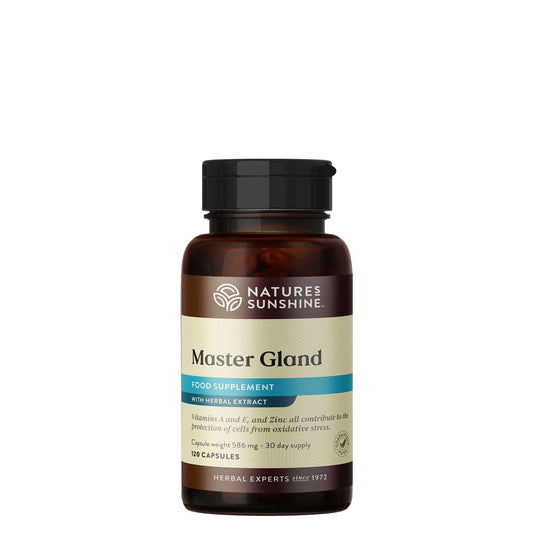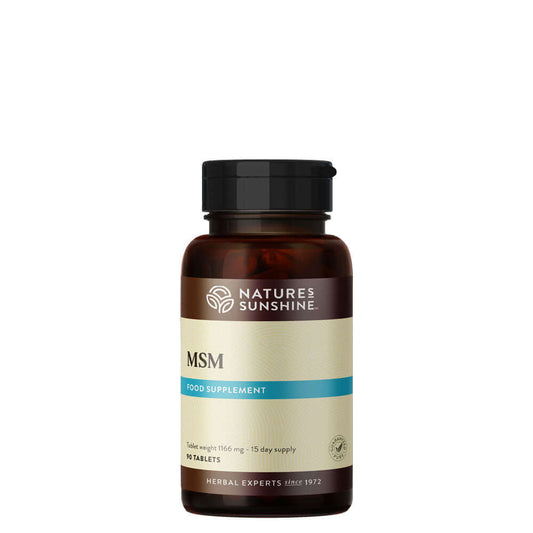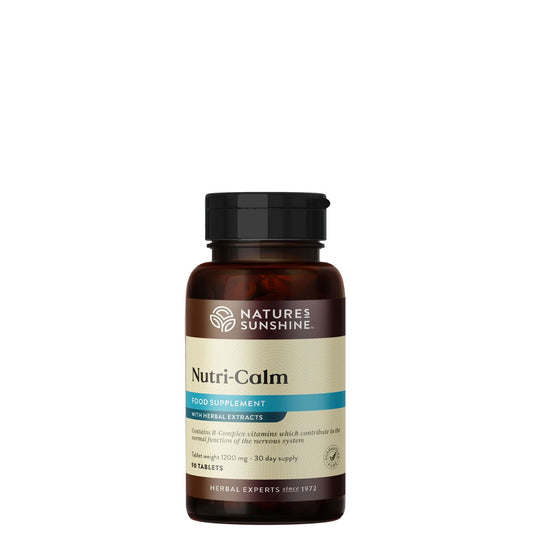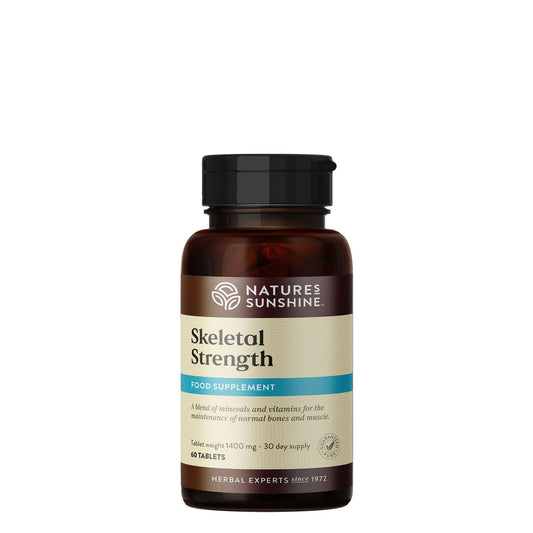Access Denied
IMPORTANT! If you’re a store owner, please make sure you have Customer accounts enabled in your Store Admin, as you have customer based locks set up with EasyLockdown app. Enable Customer Accounts

Essential Minerals
Discover our collection of essential minerals, designed to support key bodily functions for your clients. Each mineral plays a vital role in wellness, from building strong bones to conducting nerve impulses and maintaining fluid balance, helping to achieve a balanced, healthy lifestyle.

Essential Minerals
Discover our collection of essential minerals, designed to support key bodily functions for your clients. Each mineral plays a vital role in wellness, from building strong bones to conducting nerve impulses and maintaining fluid balance, helping to achieve a balanced, healthy lifestyle.
-
Master Gland
Vendor:Nature's SunshineRegular price €17,72 EURRegular priceUnit price / per -
Mighty Vits
Vendor:Nutri-PetsRegular price €11,96 EURRegular priceUnit price / per -
Multi-Vits & Minerals
Vendor:Lily & LoafRegular price €19,94 EURRegular priceUnit price / per -
Nature's Prenatal
Vendor:Nature's SunshineRegular price €23,06 EURRegular priceUnit price / per -
Nutri-Calm
Vendor:Nature's SunshineRegular price €19,50 EURRegular priceUnit price / per -
Pea Protein Powder
Vendor:Lily & LoafRegular price From €23,94 EURRegular priceUnit price / per -
 Sold out
Sold outRaspberry Immunity Gummies
Vendor:Lily & LoafRegular price €11,96 EURRegular priceUnit price / per -
Skeletal Strength
Vendor:Nature's SunshineRegular price €13,27 EURRegular priceUnit price / per -
Skin, Hair & Nail Gummies
Vendor:Lily & LoafRegular price €11,96 EURRegular priceUnit price / per -
Smoothie Booster
Vendor:Acti-FitRegular price €28,76 EURRegular priceUnit price / per
Collection: Minerals
Invalid password
Enter













